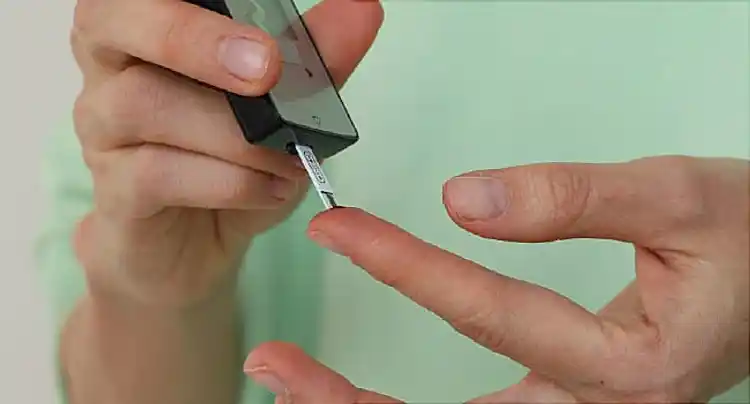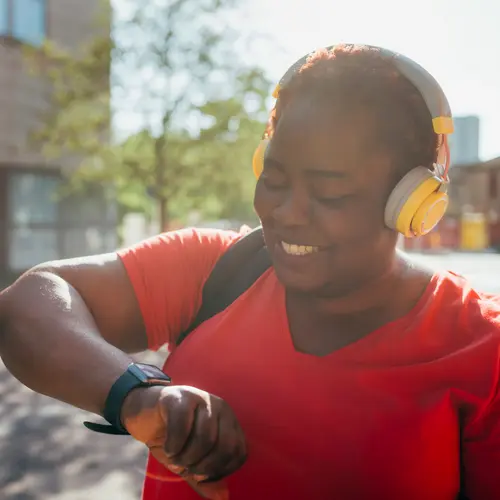When Should You Check Your Level?

Hide Video Transcript
Video Transcript
When should you check your blood sugar? Everyone with diabetes is different.
Talk to your doctor. She'll come up with a plan just for you. But there are some times she might tell you to test your sugar, which is also called glucose.
Your body releases sugar throughout the night. But in the hours before dawn, other hormones in the body can cause an increase in blood sugar, so you may need to see if your level is high when you wake up. Also, if you use insulin, a morning test can help you figure out how much to take.
Checking before meals can give you an idea how balanced your sugars are during the day. That, in turn, could help you match the right amount of insulin, exercise, or help with meal planning.
Testing 2 hours after you eat can show you what effect your food and your insulin had on your blood sugar.
Making sure your glucose is stable before you work out can help you avoid dangerous highs or dips.
And checking your level before bed could be a good idea in case your sugars fluctuate at night.
There are times you may need to check your glucose more often. If you're actively losing weight, it could boost the effects of any sugar-lowering meds you're on. If you get sick, your glucose could go up as your body fights the illness. Or it could go down if you aren't eating, you're vomiting, or you have diarrhea. Also, if you've changed diabetes meds, testing your sugar more often can help you find out if they're working well.
Talk to your doctor. She'll come up with a plan just for you. But there are some times she might tell you to test your sugar, which is also called glucose.
Your body releases sugar throughout the night. But in the hours before dawn, other hormones in the body can cause an increase in blood sugar, so you may need to see if your level is high when you wake up. Also, if you use insulin, a morning test can help you figure out how much to take.
Checking before meals can give you an idea how balanced your sugars are during the day. That, in turn, could help you match the right amount of insulin, exercise, or help with meal planning.
Testing 2 hours after you eat can show you what effect your food and your insulin had on your blood sugar.
Making sure your glucose is stable before you work out can help you avoid dangerous highs or dips.
And checking your level before bed could be a good idea in case your sugars fluctuate at night.
There are times you may need to check your glucose more often. If you're actively losing weight, it could boost the effects of any sugar-lowering meds you're on. If you get sick, your glucose could go up as your body fights the illness. Or it could go down if you aren't eating, you're vomiting, or you have diarrhea. Also, if you've changed diabetes meds, testing your sugar more often can help you find out if they're working well.
